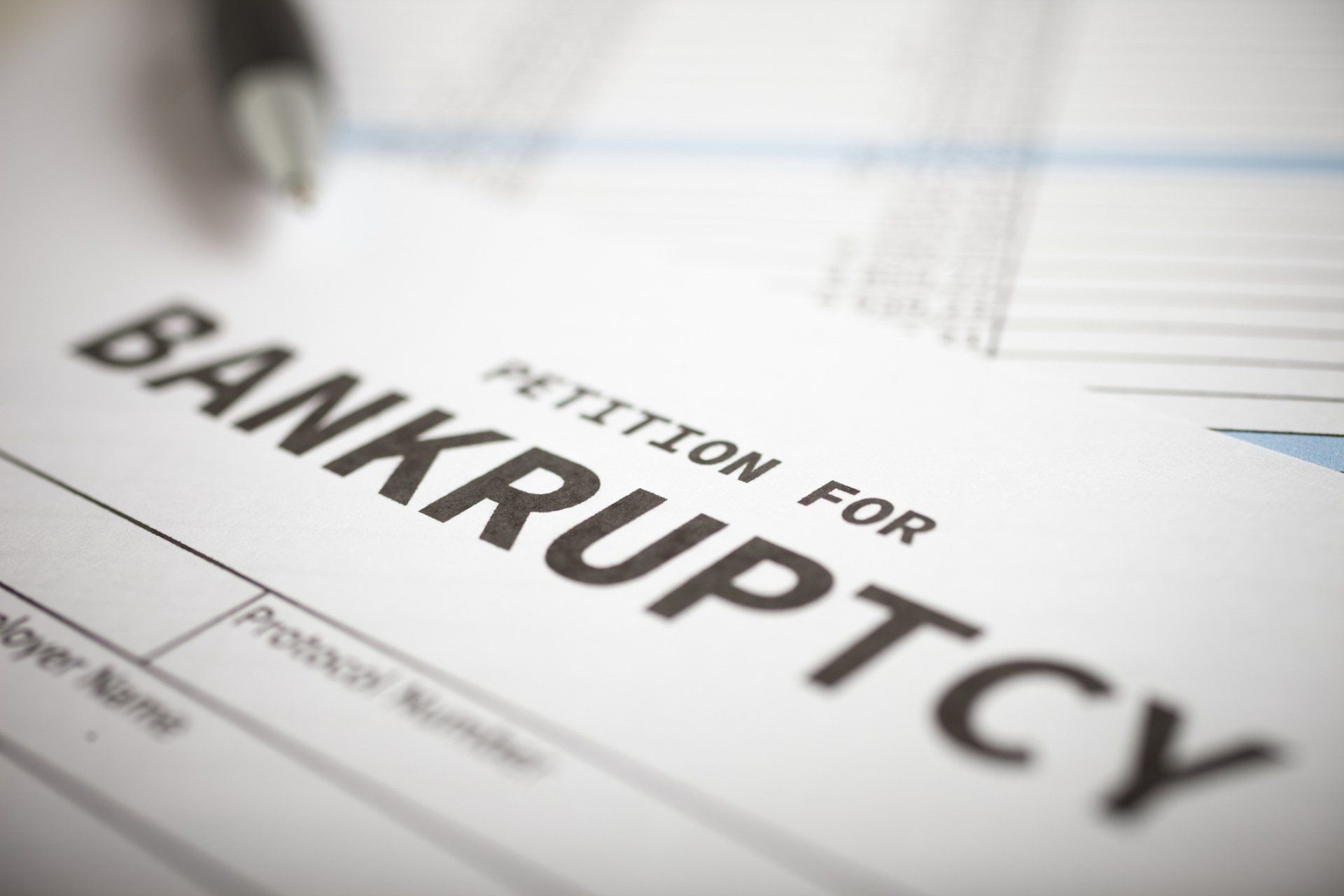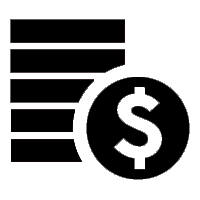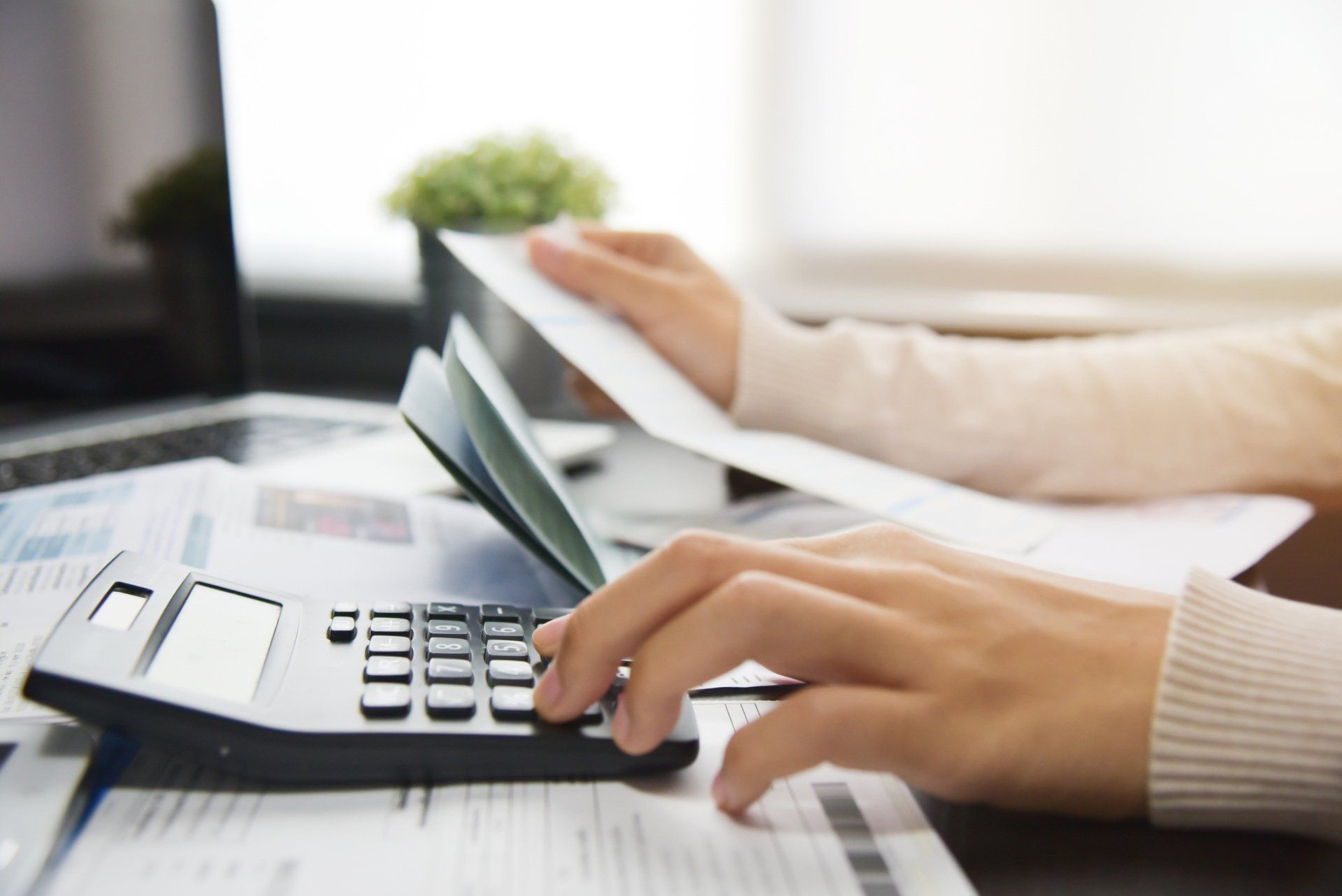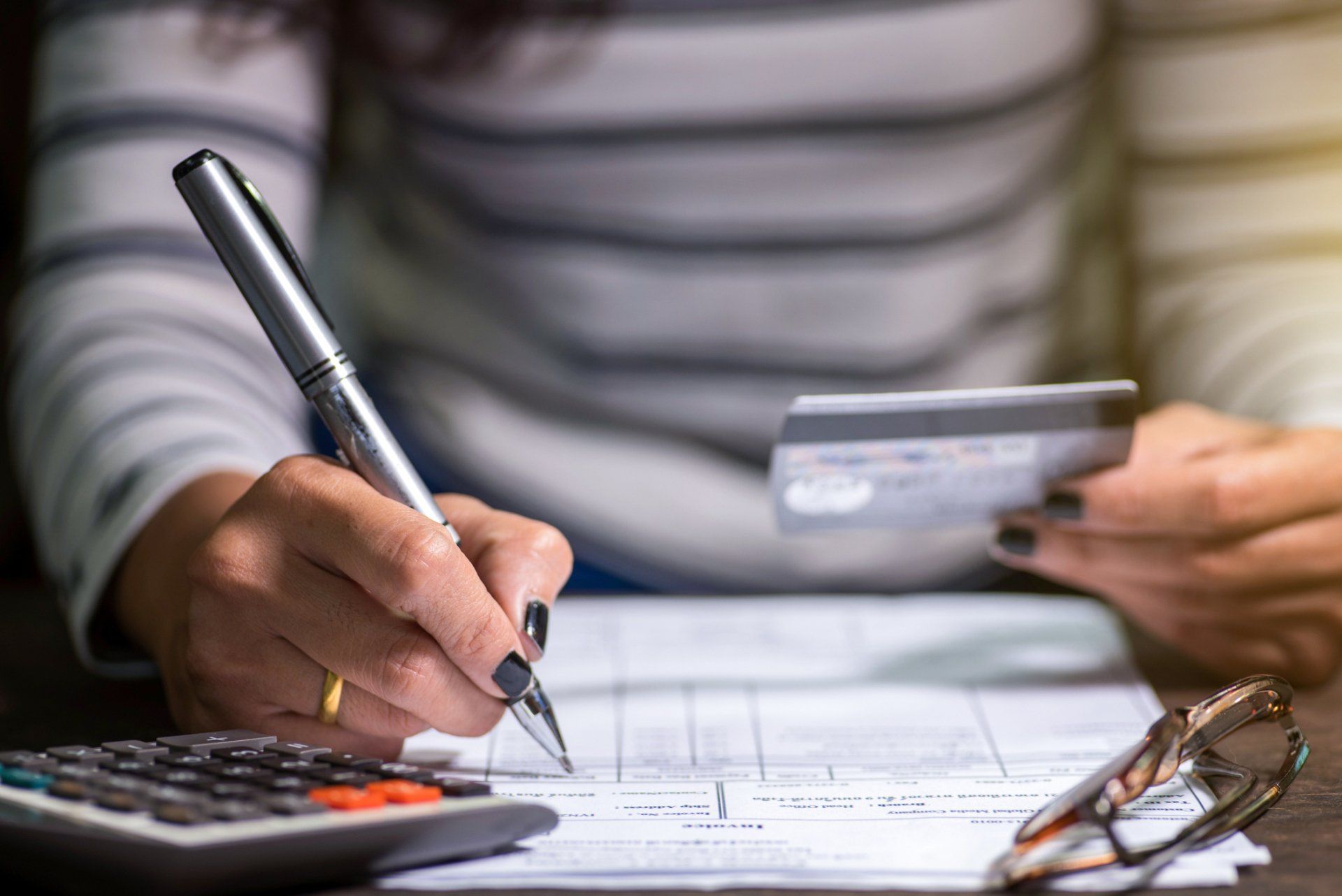Start Living Debt-Free with Help from an Experienced Bankruptcy Attorney
Are you over your head in debt? Afraid to answer your phone because creditors keep calling? Being sued as a result of a debt you owe? Facing foreclosure? Then you are not alone! Times are tough and we all deserve a second chance. Bankruptcy may be able to give you that fresh start you deserve. If you are considering filing for Bankruptcy, knowing the type of Bankruptcy that is right for you requires an analysis of your particular financial situation. As such, you need the guidance of an experienced attorney on your side.
We at
The Law Offices of Venessa Masterson & Associates have successfully represented consumers who are struggling as a result of financial hardships. And we have the knowledge, experience, and resources to guide you into making the best decision for your particular situation. Call us to start your journey to a debt-free and stress-free life today,
(978) 323-7880.
“Attorney Masterson assisted me as my attorney during my financial crisis. Her diligence and zeal helped me with my bankruptcy. It was a very complicated and it took her expertise for a positive outcome…I sincerely thank her for her professional expertise and all the positive things she did to resurrect my financial status.”
Wayne T.
Bankruptcy Services & Details
Thorough Analysis of Your Debt Situation
Determining Your Property Exemptions
Determining Your Eligibility for Chapter 7
Advice on Whether or Not to Reaffirm Any Debts
Preparing All the Necessary Forms
Assistance from Start to Finish
What Bankruptcy Can Do for You
-
Button
Stop Harassing Phone Calls
-
Button
Stop Foreclosures & Repossessions
-
Button
Eliminate All or Most of Your Debt
-
Button
Stop Wage Garnishments & Bank Freezes
-
Button
Reaffirm Important Debts
-
Button
Get a Fresh Start to Rebuilding Credit
-
Button
Stop Lawsuits & Court Appearances
-
Button
Stop Bill & Collection Actions
-
Button
Prevent Attachment to Your Property
-
Button
Keep Retirement Accounts (401K/IRA/Pensions)
BANKRUPTCY IS NOT FREE, BUT RATHER A PROCESS TO CONSOLIDATE AND/OR ELIMINATE SPECIFIC DEBTS IN ORDER TO GET YOUR FINANCIAL HEALTH BACK ON TRACK. YOU SHOULD ALWAYS SPEAK WITH AN ATTORNEY IF YOU’RE CONSIDERING FILING FOR BANKRUPTCY.
Understanding Chapter 7 Bankruptcy
Chapter 7 bankruptcy is typically the most common form of bankruptcy for individuals who are seeking debt relief. Chapter 7 bankruptcy is designed to eliminate unsecured debts and is often chosen by individuals because it offers immediate debt relief from creditors and other agencies and can even prevent garnished wages.
-
Unsecured Debt
Button
Unsecured debt is a loan that someone gives you that doesn’t require collateral. The most common forms of unsecured debt are credit cards, medical bills, personal loans, utility bills, and more.
-
Unforgivable Debt
Button
Typically, child support, alimony, and student loans cannot be forgiven. However, no two cases are the same and your attorney will be able to advise you on what to expect regarding the types of debt you’ll be able to eliminate based on your situation.
-
Keeping Your Property
Button
While a bankruptcy trustee can sell some property to pay unsecured debtors, you may be able to keep your home by using a “homestead exemption.” This exemption is a way to protect your primary residence from creditors.
Why Choose Our Firm?
- We take your case very personal and we are thorough, dependable and professional in every sense of the word.
- You have our personal attention from start to finish, which means there is no room for confusion at any stage in the proceeding.
- We believe honesty is the best policy, as such, we never offer you false hope. We assess your particular situation and give you clear facts to help you make an educated decision.
- We have the experience you need to obtain the best outcome for you.
- We won’t file you case unless we are certain all your debtors have been included in your petition. This prevents you from being responsible for debts that should have been discharged.
- We provide you with a dos and don’t list in order to make educated decisions before filing, in order to prevent your case from being dismissed.
- Our fees are very affordable and we provide you with suitable payment plans that are manageable for you.
- We aim to please and you won’t be disappointed.
Bankruptcy FAQs
- What Is The Difference Between A Chapter 7 And Chapter 13 Bankruptcy?
A Chapter 7 bankruptcy is usually the best way to quickly get rid of unsecured debts like credit cards, loans, utility and medical bills without any payment to your creditors, but it has an income limit. Meaning the amount of income, you earned may disqualify you from being eligible to file this chapter of bankruptcy.
Under a Chapter 7, your attorney may be able to exempt certain properties from the reach of the bankruptcy trustee. Any properties, not exempted, will be sold by the trustee to satisfy your creditors.
Chapter 13 is usually best for people who have secured debts on assets they cannot afford to lose such as their home and other valuables. It involves a payment plan that can range anywhere between 36 to 60 months, as opposed to Chapter 7 in which there are no payment plans involved.
Under a Chapter 13, you can keep all of your property. However, in order to keep any property that is not exempted, you will be required to pay the fair market value for any non-exempt property through your payment plan.
- What Types Of Debt Is Typically Forgiven In A Chapter 7 Bankruptcy And A Chapter 13 Bankruptcy?
In Chapter 7, unsecured debts, meaning debts without any collateral, such as credit cards, utility bills, and most private loans are generally all forgiven. In Chapter 13, which involves a payment plan, you will be required to pay your creditors back all portions of any secured debt and all or a fraction of your unsecured debts.
- Will I Lose Everything If I Have To File For Bankruptcy?
In Chapter 7, any assets that cannot be exempted by your trustee may be sold and used to pay back your creditors. Your attorney will assist you in making sure that most assets that can be exempted assets are protected from the reach of the trustee. In Chapter 13, the likelihood of losing any assets are slim to none and depends on your ability to pay. Your payments will be calculated based on your disposable income, and so, you get to keep your property if you have enough disposal income to cover the calculated plan payments. If not, your case will be dismissed by the court and you may be forced into filing a Chapter 7 which will almost certainly end up with you losing properties that have a collateral and you are unable to bring the balance current.
- How Do I Know If Bankruptcy Is The Right Option To Help Me Get Out Of Heavy Debts?
Bankruptcy is designed to give you a fresh start. If you are struggling with paying your debts, and you do not believe that you can make a comfortable payment plan with your creditors, then bankruptcy may be the best way to get the fresh start you deserve. If you have credit cards with high balances and high-interest rates, it may be impossible to catch up just paying the minimum. Bankruptcy can allow you to get rid of debt in as little as 6 months in Chapter 7 and three to five years in Chapter 13. Bankruptcy is therefore, the fastest way to eliminate those debts than any other methods of debt repayment out there. And in 3 years, you may be qualified to purchase a home debt-free.
Give Us A Call And Let Us Put Our Years Of Experience And Aggressive Tactics To Work For You! (978) 323-7880
Law offices of Venessa Masterson
& Associates fights for your rights in Bankruptcy, Personal Injury, Immigration, Child Support & Custody, Real Estate Closings and Divorce. Serving Lowell, Massachusetts, and the Commonwealth of Massachusetts, Call today!
Practice Areas
Subscribe to Our Monthly Newsletter
Contact Us
We will get back to you as soon as possible.
Please try again later.















